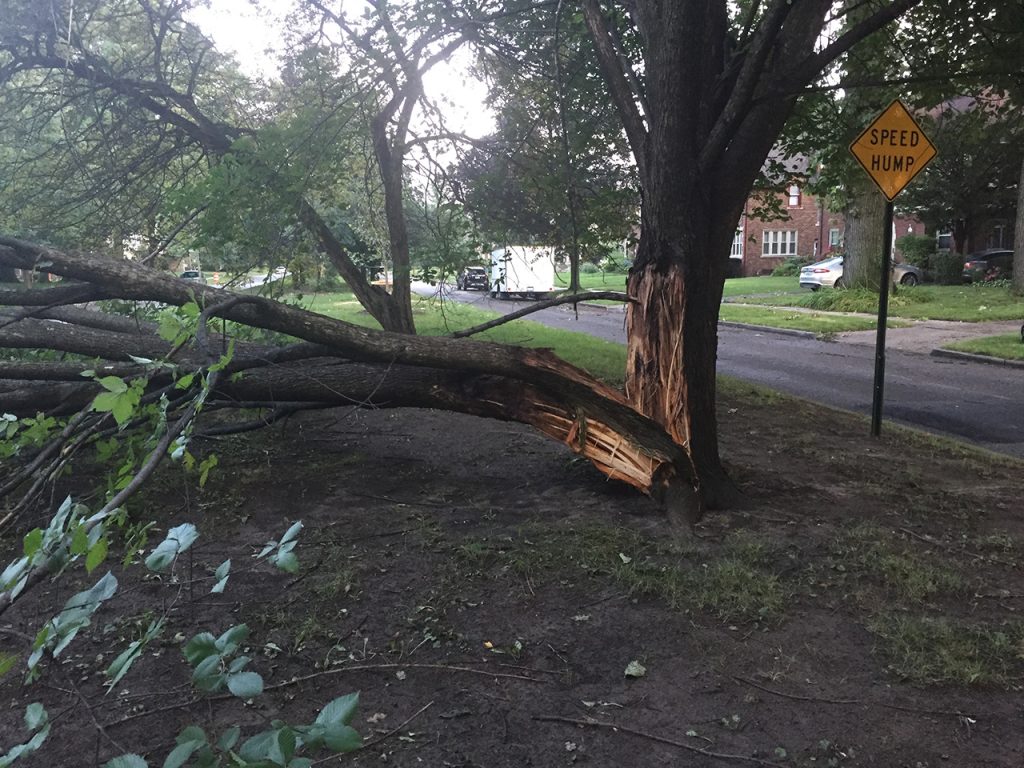How Utilities Can and Should Adapt to More Extreme Weather
Michigan Public Service Commission Chair Dan Scripps talks about the commission’s inquest into all of the outages in 2021.

This summer has brought with it some of the worst weather events we’ve seen in Michigan in a long time. Catastrophic flooding events and severe storms have destroyed property and led to widespread outages. People in many areas of Southeast Michigan are now afraid every single time it rains that they’ll have water in their basements or that they’ll lose power or internet access.
“This summer has shown that we’ve got to do more. And we’ve got to do it faster. We just can’t we can’t let up.” –Dan Scripps, Michigan Public Service Commission (MPSC)
The growing threat of climate change seems to have caught Michigan utilities flat-footed, despite years of warnings that our infrastructure is not prepared for this kind of weather. Now, Michigan Attorney General Dana Nessel and the Michigan Public Service Commission (MPSC) are looking into utilities’ resilience measures to make sure they’re doing the things necessary to prevent these issues.
Listen: Michigan Public Service Commission Chair Dan Scripps talks about how utilities should better prepare for extreme weather.
Guest
Dan Scripps is chair of the Michigan Public Service Commission, which regulates public utilities in Michigan. He says the data back up what many Michiganders think about the past few months — that the weather and outages have been much worse than in years past.
“This has been really relentless in a lot of ways in the number of storms, the frequency, the limited gaps between the storms,” says Scripps. “I think this may be the new normal in the era of climate change.”
Scripps says one of the most under-looked aspects of the grid’s resilience to extreme weather is tree trimming. Although it might not be the most glamorous solution to living with climate change, Scripps says it’s critical work that utilities must do more frequently.
“It can’t be 20 years between tree trim cycles,” he says. “And so DTE, to their credit, has been moving in the right direction on this in the last couple of years. They’re shortening the cycle. And the evidence is where they’ve done the tree trimming in their system, those circuits, those areas are performing much better. But this summer has shown that we’ve got to do more. And we’ve got to do it faster. We just can’t we can’t let up.”
Trusted, accurate, up-to-date.
WDET strives to make our journalism accessible to everyone. As a public media institution, we maintain our journalistic integrity through independent support from readers like you. If you value WDET as your source of news, music and conversation, please make a gift today.
